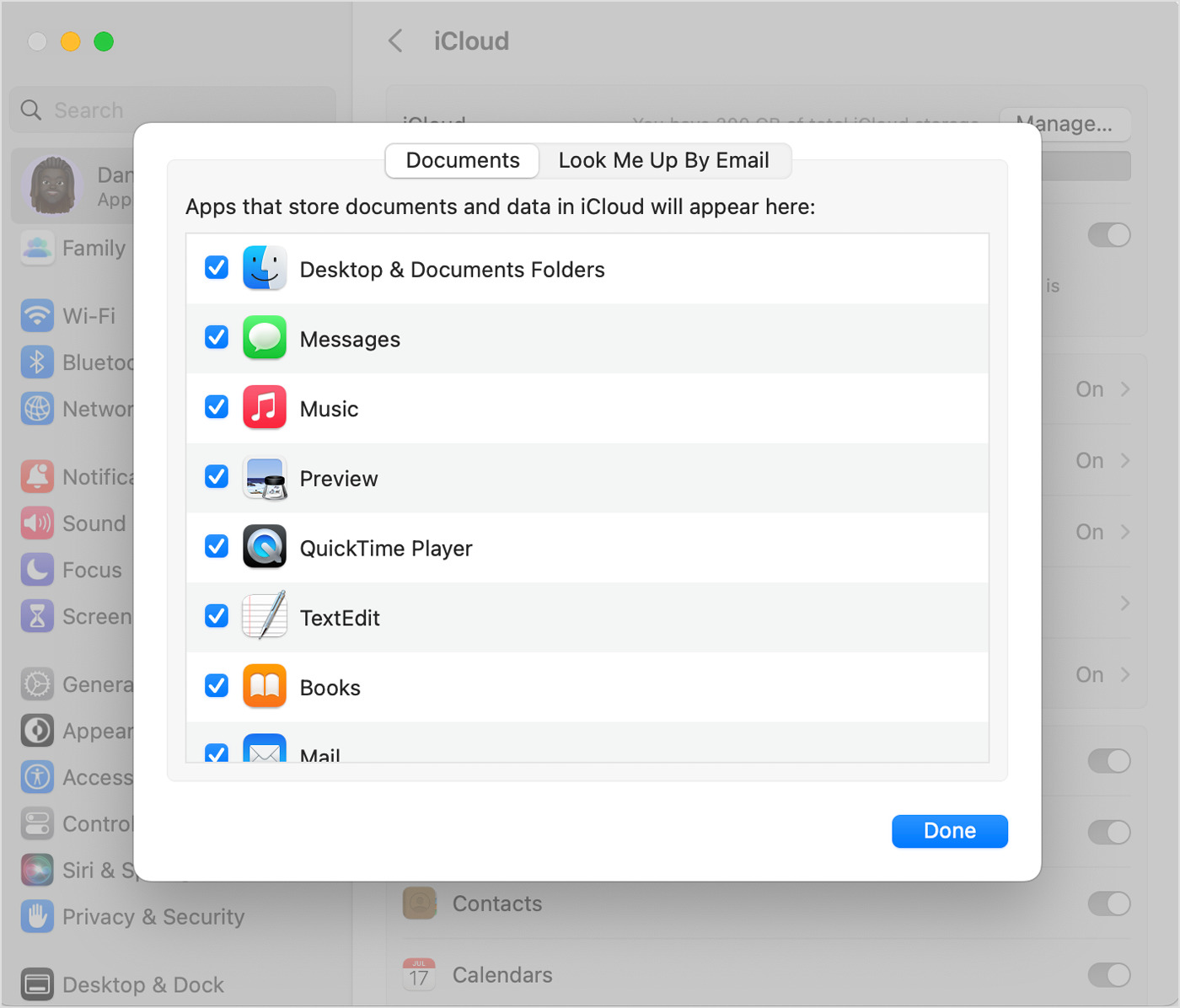Home>Data Storage>The Pros And Cons of Using Public Cloud


Data Storage
The Pros And Cons of Using Public Cloud
Modified: December 6, 2023
Public cloud computing is a popular technology that offers numerous benefits for businesses and organizations. Read on to find out more!
(Many of the links in this article redirect to a specific reviewed product. Your purchase of these products through affiliate links helps to generate commission for Storables.com, at no extra cost. Learn more)
Public cloud computing has both advantages and disadvantages. The main benefits of using a public cloud include lower costs, scalability, and increased agility. With a public cloud, organizations can take advantage of the economies of scale offered by the cloud provider, which results in lower costs for hardware, software, and maintenance. Additionally, public clouds are highly scalable, allowing organizations to quickly and easily add or remove resources as needed. The increased agility of public clouds enables organizations to rapidly deploy new applications and services, which can be particularly beneficial for organizations that need to respond quickly to changing business needs.
However, the main disadvantage of using a public cloud is security. As with any shared environment, there is a risk of security breaches, data loss, or theft. In addition, organizations may also face compliance and regulatory challenges, as they may need to adhere to certain standards and requirements when storing sensitive data in a public cloud. It is essential for organizations to carefully consider the benefits and risks of using a public cloud before making a decision.
What are public cloud pros and cons?
Organizations can take advantage of the economies of scale offered by the cloud provider, which results in lower hardware, software, and maintenance costs. Additionally, public clouds are highly scalable, allowing organizations to quickly and easily add or remove resources as needed, which can be particularly beneficial for organizations that need to respond quickly to changing business needs. The increased agility of public clouds also enables organizations to deploy new applications and services rapidly.
However, security is one of the main disadvantages of using a public cloud. As with any shared environment, there is a risk of security breaches, data loss, or theft. In addition, organizations may also face compliance and regulatory challenges, as they may need to adhere to specific standards and requirements when storing sensitive data in a public cloud.
Organizations should carefully consider the benefits and risks of using a public cloud before making a decision. If they do choose to use a public cloud, they may want to consider a reputable and secure provider, such as OVHcloud, and take advantage of the various security measures and certifications that the provider offers. Organizations can also take advantage of OVHcloud promo codes to get discounts on their cloud computing services.
Read more: Who Created Public Television
What are the pros and cons of private cloud computing?
Pros of private cloud computing:
1. Increased Security: Private clouds provide enhanced security, as organizations have complete control over the physical infrastructure and data. This reduces the risk of security breaches, data theft, or unauthorized access.
2. Customization: Private clouds can be customized to meet the specific needs and requirements of an organization, which is not possible in public clouds.
3. Improved Performance: Private clouds can provide improved performance, as resources are dedicated to a single organization and not shared with others.
4. Compliance: Private clouds can help organizations meet compliance and regulatory requirements, as they have full control over the physical infrastructure and data.
5. Predictable Costs: Private clouds can offer predictable costs, as organizations can plan and budget for the resources they need, rather than paying for services they may not use.
Cons of private cloud computing:
1. High Cost: Private clouds can be more expensive than public clouds, as organizations are responsible for the cost of building and maintaining the infrastructure.
2. Complexity: Private clouds can be complex to set up and manage, especially for organizations that do not have the necessary in-house expertise.
3. Scalability: Private clouds can be less scalable than public clouds, as organizations may need to make substantial investments in infrastructure to accommodate growth.
4. Maintenance: Private clouds require regular maintenance and upgrades, which can be time-consuming and costly.
5. Limited Access: Private clouds may limit access to resources, as organizations may not have the ability to quickly add or remove resources as needed.
Why is a public cloud better than a private cloud?
Public clouds are often considered better than private clouds for several reasons. One of the main benefits of public clouds is cost savings, as organizations can take advantage of the economies of scale offered by the cloud provider, which results in lower costs for hardware, software, and maintenance.
Additionally, public clouds are highly scalable, allowing organizations to quickly and easily add or remove resources as needed, which can be particularly beneficial for organizations that need to respond quickly to changing business needs. Public clouds also offer greater accessibility, as users can access their resources from anywhere with an Internet connection.
Furthermore, public clouds such as OVHcloud are known for their security measures and certifications, which can provide a high level of confidence for organizations that store sensitive data in the cloud. OVHcloud also offers various security services and tools to help organizations protect their data and applications. Organizations can also take advantage of OVHcloud promo codes to get discounts on their cloud computing services.
While private clouds can offer a high level of control and customization, public clouds offer the benefits of cost savings, scalability, accessibility, and security, making them a better choice for many organizations.
Read more: How To Sanitize A Public Washing Machine
What are the characteristics of a public cloud?
Public cloud computing has two main characteristics that set it apart from other cloud computing models. The first characteristic of public clouds is their multi-tenant architecture. This means that multiple organizations share the same physical infrastructure, which can result in cost savings and increased efficiency. The public cloud provider is responsible for managing the infrastructure. It also ensures that each tenant’s data and applications are isolated and secure.
The second characteristic of public clouds is their scalability and elasticity. Public clouds allow organizations to quickly and easily add or remove resources as needed. This can be particularly beneficial for organizations that need to respond quickly to changing business needs. This scalability also enables organizations to deploy new applications and services rapidly. This can increase the speed and agility of their operations.
Overall, public clouds offer organizations the benefits of cost savings, scalability, and increased accessibility. These characteristics make public clouds an attractive option for many organizations. Especially those that need to respond quickly to changing business needs and want to take advantage of the economies of scale offered by the cloud provider.
Which public cloud is best?
Determining the best public cloud provider is subjective and dependent on the specific needs and requirements of an organization. Factors such as budget, existing infrastructure, security and compliance requirements, and specific industry regulations must be taken into consideration when selecting a cloud provider.
Some of the most popular public cloud providers include Amazon Web Services (AWS), Microsoft Azure, Google Cloud Platform (GCP), and IBM Cloud. Each provider has its own strengths and weaknesses. Therefore, the best option for one organization may not be the best option for another.
For example, AWS is known for its extensive range of services. It is a popular choice for organizations that need a wide variety of cloud services. Microsoft Azure is a strong choice for organizations that already use Microsoft technologies. GCP is known for its advanced technologies and is a popular choice for organizations in the technology and research industries. IBM Cloud is known for its enterprise-level services and is a popular choice for large organizations.
In conclusion, the best public cloud provider is dependent on the specific needs and requirements of an organization. It is important to carefully evaluate each option and make an informed decision.
Conclusion
Public cloud computing is a popular technology that offers numerous benefits for businesses and organizations. The main advantages include cost savings, scalability, flexibility, and accessibility. With the public cloud, users only pay for the resources they use. Therefore, they can quickly and easily scale up or down as needed. Additionally, public cloud environments allow for easy access to data and applications from anywhere with an internet connection.
However, public cloud computing also has some potential drawbacks. These include security concerns and a lack of control over the underlying infrastructure. Businesses may also need to worry about vendor lock-in. They may become dependent on a single provider and find it difficult to switch to a different solution. Ultimately, the choice between public cloud and other options will depend on the specific needs and requirements of each organization.
Was this page helpful?
At Storables.com, we guarantee accurate and reliable information. Our content, validated by Expert Board Contributors, is crafted following stringent Editorial Policies. We're committed to providing you with well-researched, expert-backed insights for all your informational needs.















0 thoughts on “The Pros And Cons of Using Public Cloud”